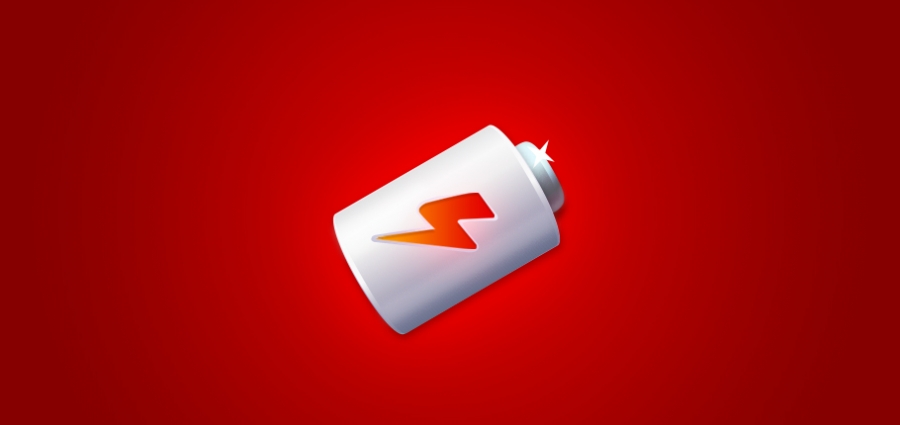Πώς να παρατείνετε τη διάρκεια ζωής της μπαταρίας ιόντων λιθίου στην καθημερινή ζωή;
Don’t charge and discharge battery with very high currents.
Living in a fast speed of life, many people are always in blindly pursuit of very high current to save time, but how many of them know that extreme high current is actually not good for battery life, neither in the case of discharge or charge? High current places excessive stress on the battery and increases battery voltage, thus leading to high heat, which is not only dangerous but also not good for battery life in the long term.
Avoid very deep discharges.
Not like Ni-MH battery, Li-ion battery has no memory function, so that means it doesn’t need to be discharged very deeply. In fact, very deep discharge will quickly, permanently damage a Li-ion battery. Typical end of discharge current of 3.7V Li-ion is 2.8-3.0V. Keeping discharging it below 2.8V can cause issues like short circuit, making the battery unsafe and even ruined.
Limit both environmental temperature and operating temperature of battery.
Like any kind of electronics, batteries are highly sensitive to temperatures (either hot or cold). Li-ion battery is designed for operating environments from 0ºC to 60ºC. Putting a battery under extreme temperature can cause premature breakdown of the battery or the components inside the battery.
Avoid incorrect preservation of battery.
Battery should be stored in a dry, cool location at 40% state of charge or lower. The recommended temperature is 15ºC. And the positive and negative terminals of the battery should be kept away from each other to in case of short circuit. Battery discharges itself even when it’s not used, so preserving a battery for a very long time can also result in deep discharge of the battery. And now that the number of charge/discharge cycles of a battery is limited, don’t “waste” a cycle to storage if you don’t have to.






